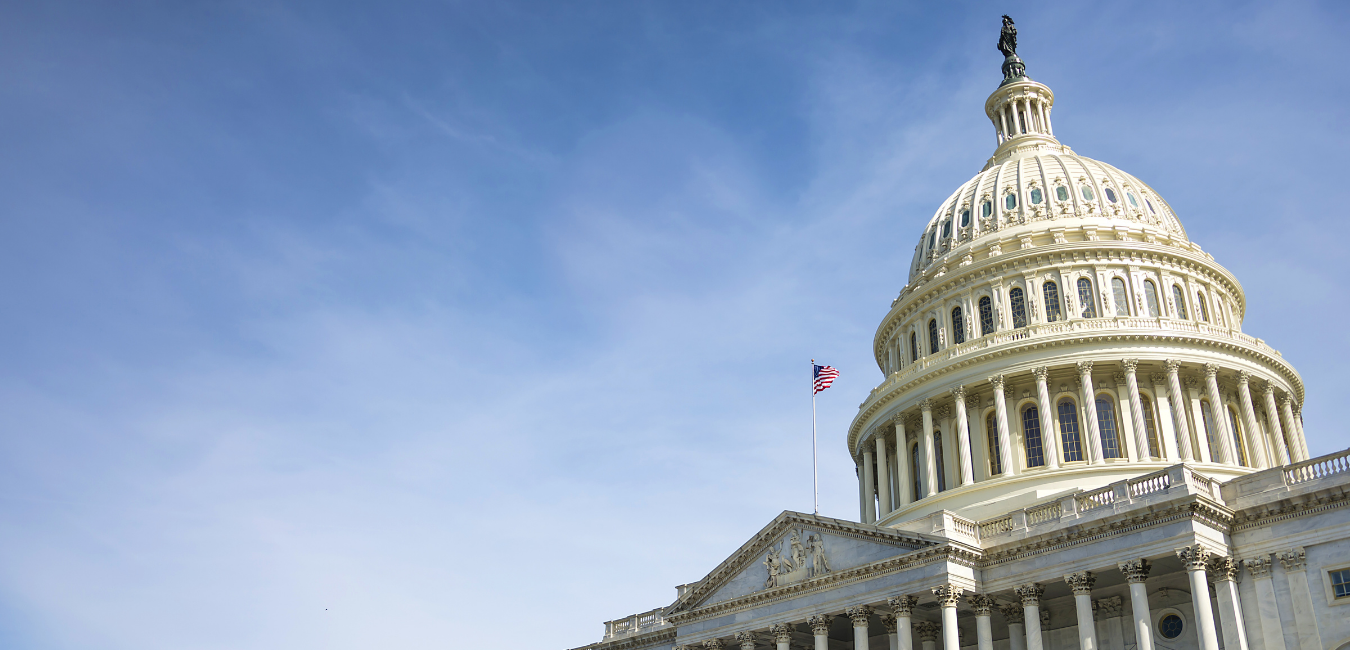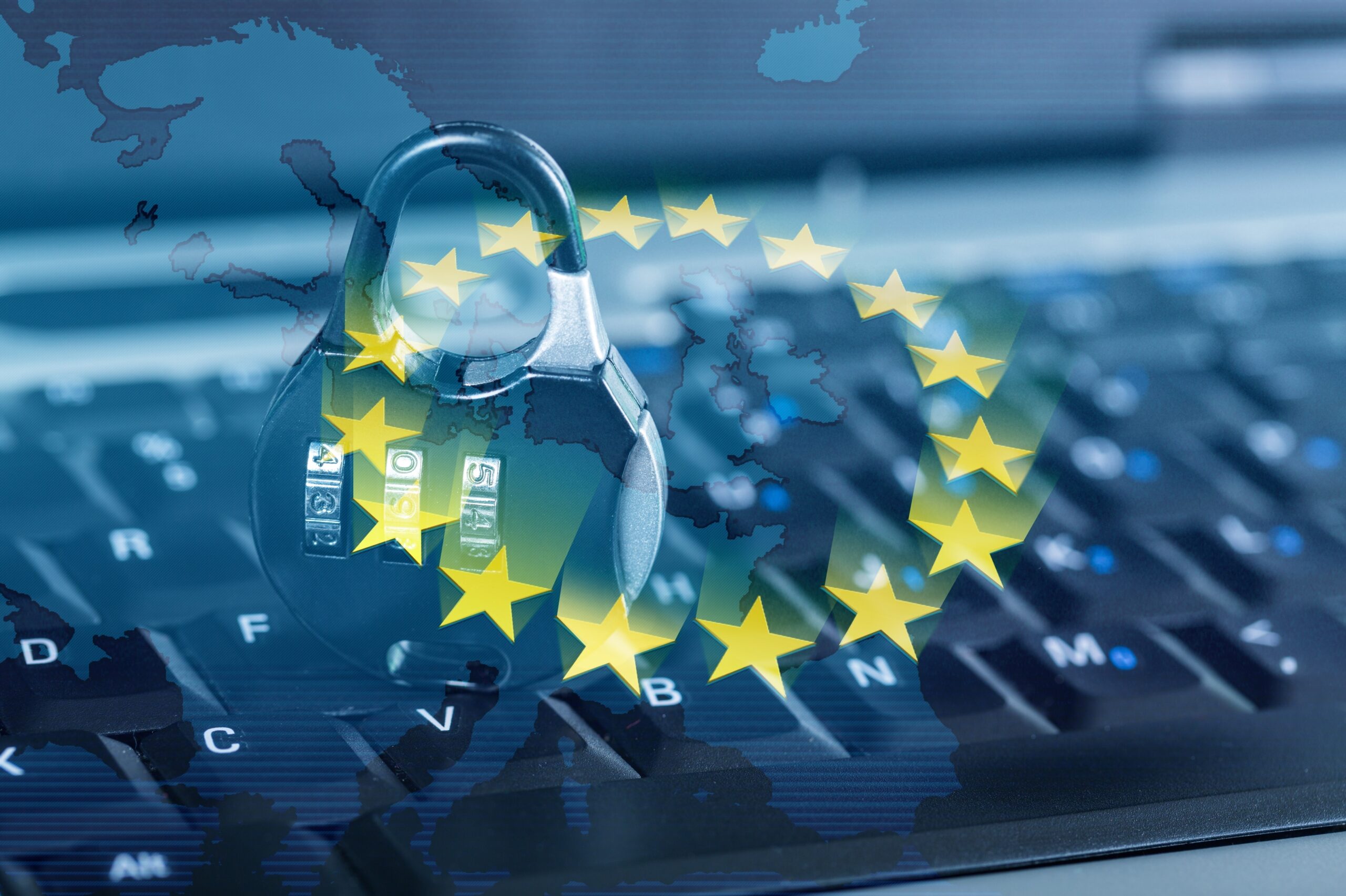
FPF Publishes New Report: A Conversation on Privacy, Safety, and Security in Australia: Themes and Takeaways
On October 27, 2023, the Future of Privacy Forum (“FPF”), in partnership with the UNSW Allens Hub for Technology, Law and Innovation (“Allens Hub”), convened a multidisciplinary meeting of experts on technology, privacy, safety, and security in Sydney, NSW, Australia to discuss benefits, challenges, and unanswered questions associated with the Australian eSafety Commissioner’s (“eSafety”) forthcoming […]

Five Big Questions (and Zero Predictions) for the U.S. State Privacy Landscape in 2024
Entering 2024, the United States now stands alone as the sole G20 nation without a comprehensive, national framework governing the collection and use of personal data. With bipartisan efforts to enact federal privacy legislation once again languishing in Congress, state-level activity on privacy dramatically accelerated in 2023. As the dust from this year settles, we […]

ICYMI: FPF Webinar Discussed The Current State of Kids’ and Teens’ Privacy
Privacy by design for kids and teens has expanded across the globe. As policymakers, advocates, and companies grapple with the ever-changing landscape of youth privacy regulation, the Future of Privacy Forum recently hosted a webinar discussing the current state of kids’ and teens’ privacy policy. The webinar explored the current frameworks that are influential worldwide, […]

The Current State of Kids’ and Teens’ Privacy
Please join us for a live virtual webinar on The Current State of Kids’ and Teens’ Privacy on Tuesday November 7, from 12:00 p.m. to 1:30 p.m. ET. Privacy by design for kids and teens has expanded across the globe. Pioneering child privacy regulation and guidance in the U.K. and Ireland has drawn the attention of companies, advocates, and policymakers worldwide. The U.K.’s […]

Protected: U.S. Legislative Resources
There is no excerpt because this is a protected post.

EU’s Digital Services Act Just Became Applicable: Outlining Ten Key Areas of Interplay with the GDPR
DSA: What’s in a Name? The European Union’s (EU) Digital Services Act (DSA) is a first-of-its-kind regulatory framework, with which the bloc hopes to set an international benchmark for regulating online intermediaries and improving online safety. The DSA establishes a range of legal obligations, from content removal requirements, prohibitions to engage in manipulative design and […]

Our Members
Who supports FPF’s work? FPF brings together a range of voices from industry, academia, and civil society to lead collaboration and ensure the diversity of ideas necessary to advance principled data practices in support of emerging technologies. FPF values the guidance and contributions of a wide range of members and foundation supporters. We believe varied perspectives […]

FPF Releases Generative AI Internal Policy Checklist To Guide Development of Policies to Promote Responsible Employee Use of Generative AI Tools
Today, the Future of Privacy Forum (FPF) releases the Generative AI for Organizational Use: Internal Policy Checklist. With the proliferation of employee use of generative AI tools, this checklist provides organizations with a powerful tool to help revise their internal policies and procedures to ensure that employees are using generative AI in a way that […]

The First Japan Privacy Symposium: G7 DPAs discussed their approach to reign in AI, and other regulatory priorities
The Future of Privacy Forum and S&K Brussels hosted the first Japan Privacy Symposium in Tokyo, on June 22, 2023, following the G7 Data Protection and Privacy Commissioners roundtable. The Symposium brought global thought leadership on the interaction of data protection and privacy law with AI, as well as insights into the current regulatory priorities […]

A New Domicile for Comprehensive Privacy in Delaware
On June 30, 2023, in the final hours of the Delaware legislative session, lawmakers in Dover passed House Bill 154, the Delaware Personal Data Privacy Act (“DPDPA”). If enacted by Governor Carey, the DPDPA will take effect on January 1, 2025 and follows the general model established by the Connecticut Data Privacy Act (CTDPA), with […]
